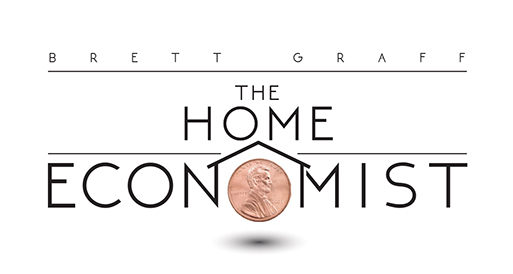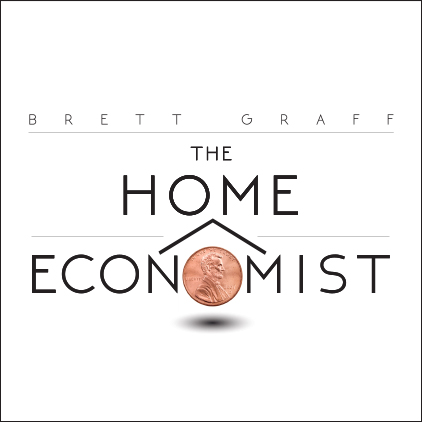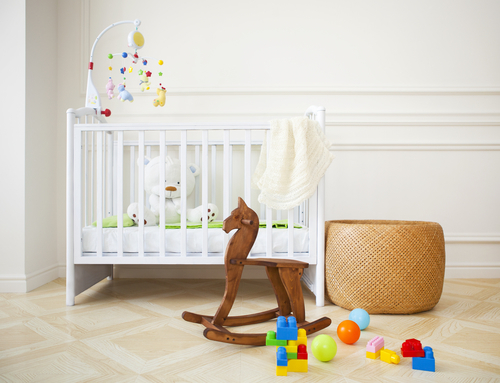
Do you know what your friends really think about their finances? The Consumer Confidence Index will tell you.
In this week’s installment of “Economic Mind-Reading” we’re going to tell you whether everyone else expects their financial conditions to improve or implode over the next six months.
Face it: Few of your friends will reveal how they really feel about their finances when chatting with you in the schoolyard and over dinner, no matter how much liquor is served. But The Consumer Confidence Index reveals what people are thinking, regardless of what they might be faking. It captures these thoughts by surveying 5,000 of us every month and while there are three components, today we’ll discuss the “expectations” piece which exposes some personal outlooks for the next six months.
In May, our expectations for our short-term financial situations were slightly rosier than they were in April. About 17.5 percent of us expect business conditions to improve (a month earlier 17.2 percent thought they would.) Meanwhile, 10.2 percent of us consumers expected business conditions to worsen. (The month before, 10.5 percent expected things to slow down.) Everyone else thinks it will stay the same.
Why do you care? Well, when more people feel good about their jobs they spend more money. This is great if you’re selling things. Or if your spouse has a job that depends on others spending. And be honest: people’s financial situations are fascinating. (Or they would be if they ever told the truth.) So you can find out whether you’re alone in feeling a little shaky about the next few months or on solid economic ground with the Consumer Confidence Index.
Why do economists care? We consumers drive the overall economy – together we spend more money than either businesses or the government – and each of us is considered to have inside information on our very own salary outlooks and savings plans and spending patterns.







Leave A Comment